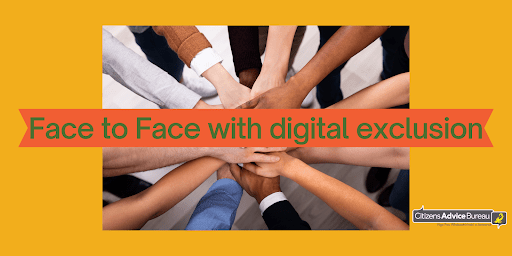In recent years the government has been shifting their services from in person to online. The citizen advice bureau has been bringing awareness to what that actually means for people across the country. They found that a wide range of people had different reasons as to why they could not engage digitally with government services.
Elderly people where one for the first groups who were excluded from digital spaces often not knowing how to use the internet and feeling overwhelmed and left alone to deal with it. But not only the elderly were left out, people in lower income brackets did not have the money to pay for internet services, which means that they and their tamariki have no access to the internet. People in rural areas have also spoken up about the fact that internet costs are higher in isolated places and even when they can afford it the connection is bad and they have to commute to gain internet access that actually works well enough to be used. These are only a few examples that make people vulnerable to digital exclusion.
The CItizens Advice Bureau has seen a major win last year. Their petition hosted on the OAS platform was presented to the parliament and ministers across political parties acknowledged and agreed that there was a need for inclusion when it came to government services. Currently their goal for the campaign is to make sure their three asks make it into the policy agenda of political parties.
- Leave no-one behind: Ensure that steps are taken to address digital exclusion and that no-one is left behind or left out because they can’t or don’t wish to engage online.
- Public services accessible to all: Implement accessibility and inclusion standards for the delivery of public services that include offline channels as part of the proactive design of government service delivery.
- CAB compensated for cost-shifting: Ensure that the Citizens Advice Bureau is properly funded to meet the demands and cost-shifting that has resulted from government services going online.
On an international level it is great to see their commitment to the UN’s values of “Leave no one behind”. This is the UN’s 2030 goal of eradicating poverty, discrimination, inequalities and vulnerabilities that leave people behind. Because everybody deserves to actively take part in society and have their own say on things that effect them!
If you also agree that people should be able to have a variety of options to access government services please let the citizens advice bureau know by signing their petition and sharing their mahi with friends and family!
Email this page to your friends or share it via Facebook, LinkedIn or Twitter: please use the buttons below.
Or simply tell someone about their mahi!

